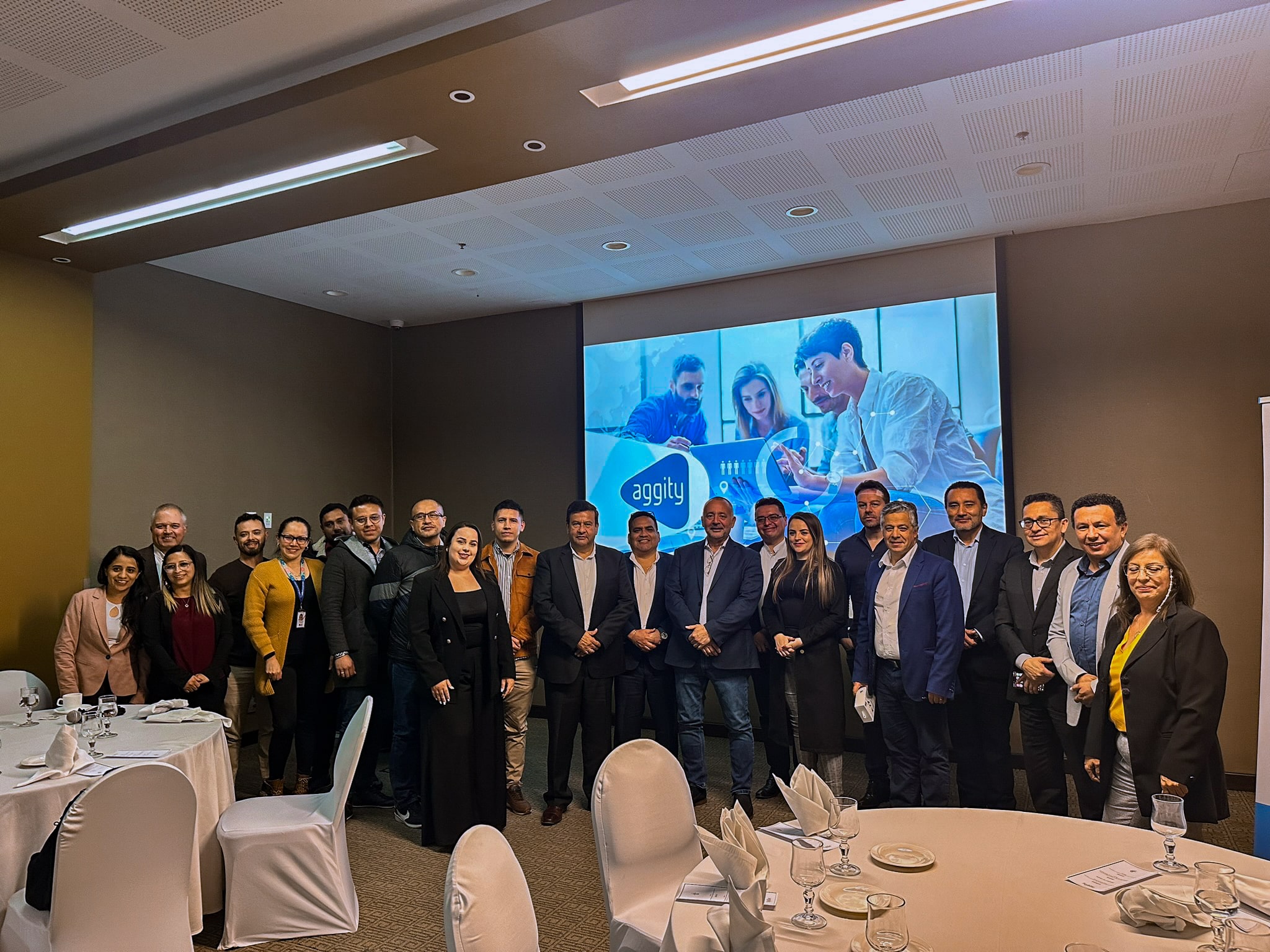“Sustainability, without data, is simply a pipe dream.”

Interview with Oscar Pierre, President of aggity
Published on 28/05/2024 in APD magazine by
SERGI MONROY
In a world where environmental and social awareness is increasingly relevant, companies play a fundamental role in the search for sustainable solutions to today’s challenges. These challenges require new management tools that integrate data in an agile, auditable and traceable way, as highlighted in this interview by Oscar Pierre, President of aggity.
What tools or new ways of working should companies develop to better manage sustainability?
Sustainability has become vitally important in the business context and indeed reaches companies and organizations in all sectors of activity. This commitment to sustainability refers, of course, to reducing the impact of the company’s activities on the environment and therefore involves improving energy efficiency and reducing the organization’s carbon footprint; but it also includes social and governance aspects, such as ensuring the inclusion and well-being of its employees, or long-term financial stability. To meet their sustainability goals, companies require a combination of strategic partnerships and technology solutions that enable them to identify, implement and track priority actions.
To what extent can data and analytics be key to achieving more sustainable businesses? What is the role of data in sustainability management?
Sustainability, without data, is simply a pipe dream. The availability of data and the capacity to analyze it, exploit it intelligently and transform it into action is essential to make progress in this change. Analytics and AI help companies gain insight and knowledge, which is the basis for smart decision making.
Regarding the importance of data in sustainability management, we all know that what cannot be measured cannot be improved. And I would like to highlight here the power of GreenwAIs by aggity to meet sustainability and ESG reporting requirements, and Envizi ESG Suite.
How can data relevant to sustainability be collected? And, in that sense, what are the most important data?
The Corporate Sustainability Reporting Directive (CSRD), which is a revision of the NFRD Directive on non-financial reporting and came into force in January 2023, strengthens the reporting requirements with a special focus on ESG sustainability. In this context, data collection is key and, of course, it is necessary to previously define the relevant data in each of the three aspects of sustainability. The greatest complexity from the point of view of data collection and analysis is undoubtedly related to the environment and decarbonization. In particular, Scope 3 carbon footprint measurement makes it almost indispensable in medium-sized organizations to use AI to capture, structure and process the data.

What are the tools or methodologies that can help track the achievement of these objectives?
Our knowledge tells us that, in order to establish sustainability objectives, the most important thing is to have a complete and detailed understanding of the initial situation and to carry out a comprehensive analysis to identify the priority actions with the greatest potential impact. As for the tools, I have mentioned them above and, if we refer to the methodology, at aggity we have proven methodologies to help companies to carry out in a controlled manner a continuous improvement of their environmental, social and governance practices.
What are the main challenges companies face when it comes time to implement data tools or strategies for sustainability management? What should companies do to prepare?
Companies must know their carbon footprint, demonstrate their commitment to energy transition and sustainability goals, and have the ability to report according to European Sustainability Reporting Standards (ESRS), and all of this is simply impossible without technology. Moreover, we must not forget that these challenges have an internal scope, but also an external one by reaching the entire supply chain of companies.
As for the second question, the situation also varies according to each organization. There are companies that are more advanced than others, but without a doubt, I insist that the first step to advance on the road to sustainability is to know in a complete and detailed way the starting situation.
How can companies ensure that they effectively comply with sustainability regulations?
Indeed, at the European level, the main regulation is the aforementioned CSRD Directive and, together with its transposition, there are other regulations related to sustainability – both at national and state level – that affect the activity of companies. To ensure effective compliance with these standards, companies must have auditable ESG data and be able to report it in accordance with established requirements, which will directly contribute to transparency.
Oscar Pierre: “Technological innovation is intrinsic to any sustainability improvement initiative”.
At aggity, we understand the importance of sustainability in the three aspects I mentioned earlier – environmental, social and governance – in a comprehensive way and we see on a daily basis the extent to which it is a key element of digital transformation and smart management. In this sense, we believe that technological innovation is intrinsic to any sustainability improvement initiative.
To help organizations integrate sustainability into their activities, we provide expert consulting services in this area and have leading-edge solutions that respond to the requirements of companies in this area from a generic point of view and also specialized by sector of activity and functional area. With a comprehensive scope and as an IBM Business Partner, we are certified to implement the IBM Envizi ESG modular suite and we also have our GreenwAIs by aggity platform, a comprehensive solution for energy management in industrial facilities, services and IT systems. With a sector focus I want to draw attention to the SmartFactory by aggity platform to make Industry 4.0Sustainable a reality. And, from a functional perspective, I would draw attention to the BesTalent IA by aggity platform for integrated HR and talent management.
Últimos posts
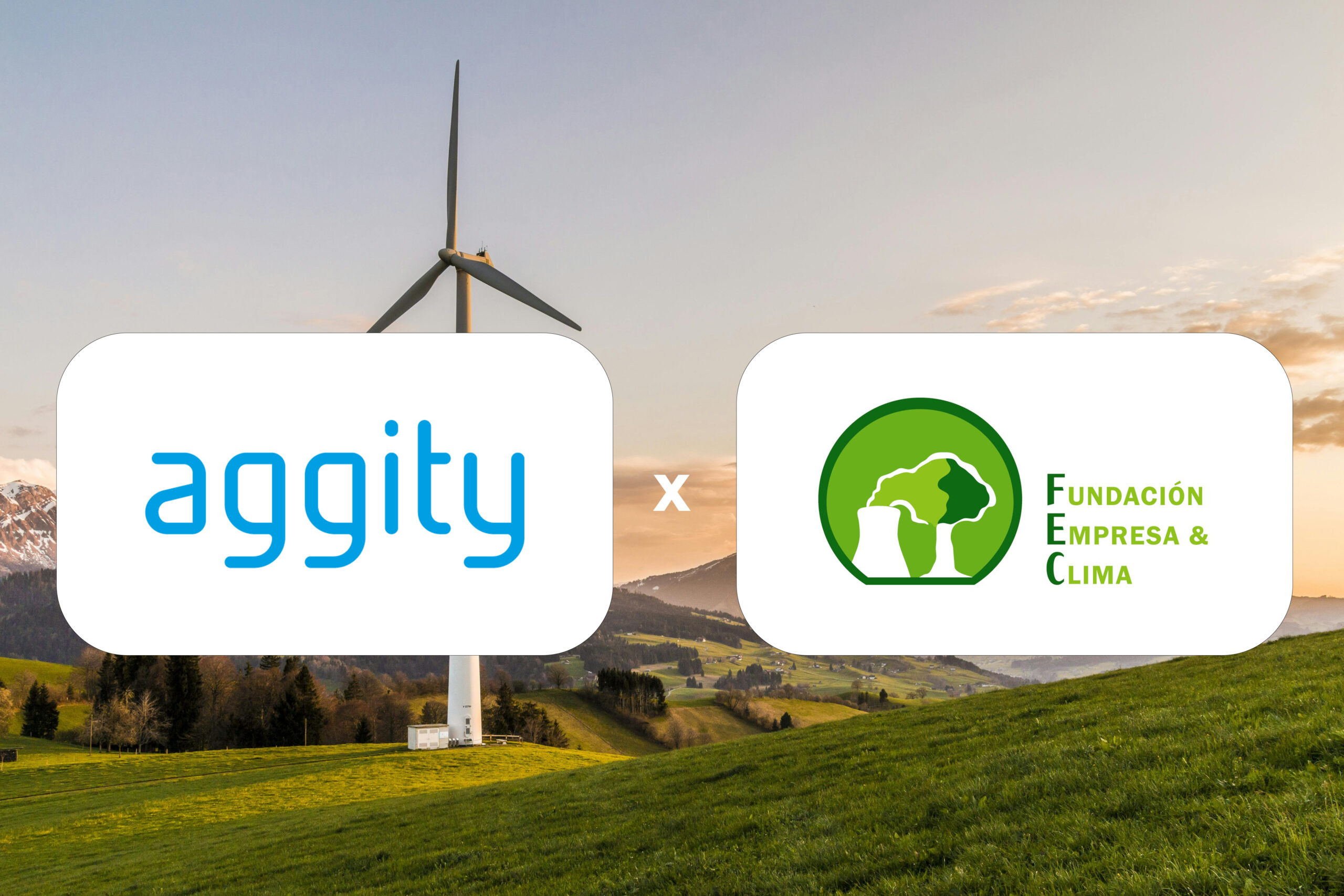
aggity strengthens its commitment to sustainability as a SILVER partner of “Fundación Empresa & Clima”.
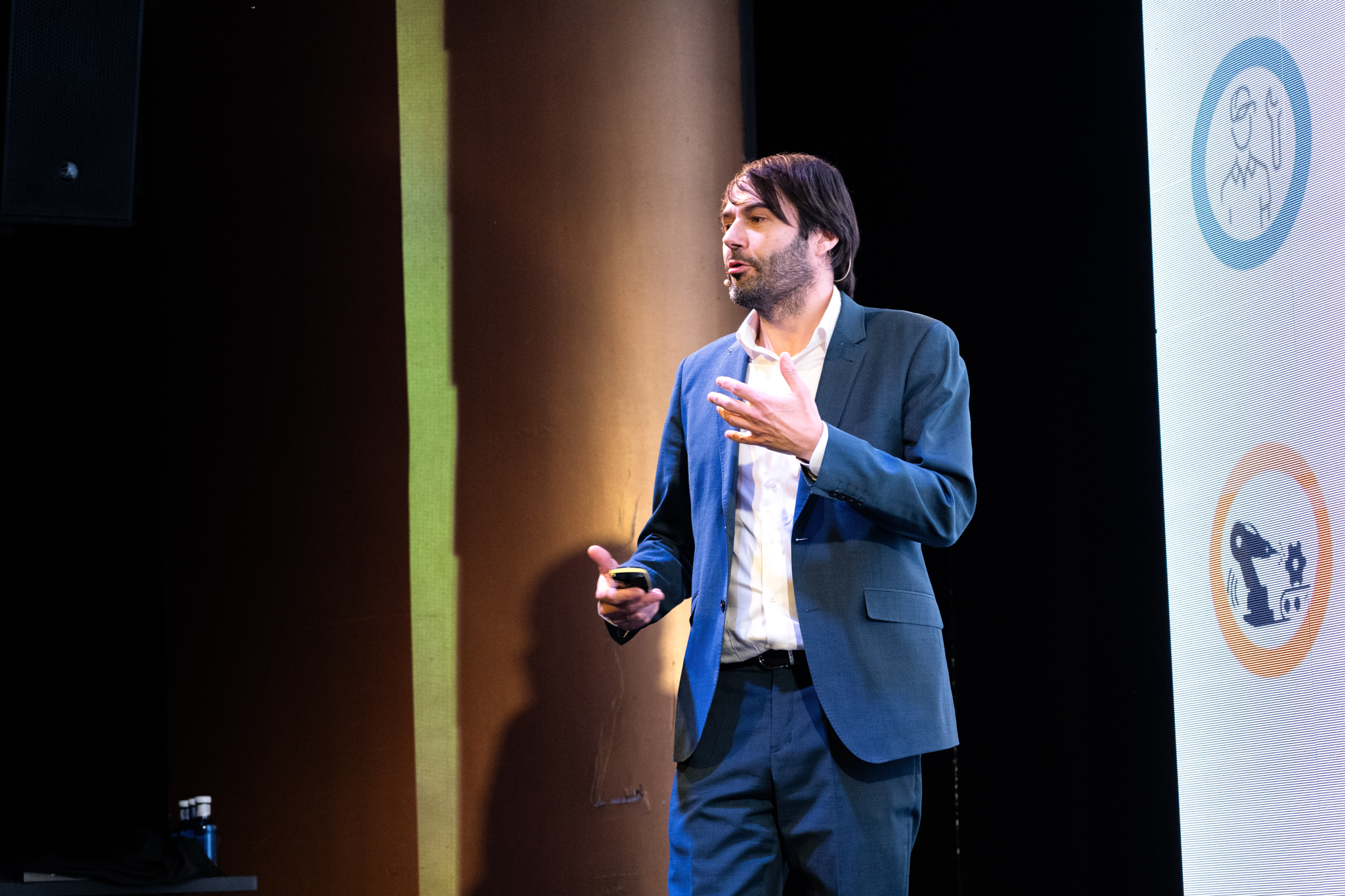
aggity participates in the IBM Ecosystem Summit 2024 with an applied case of Generative AI in the food industry
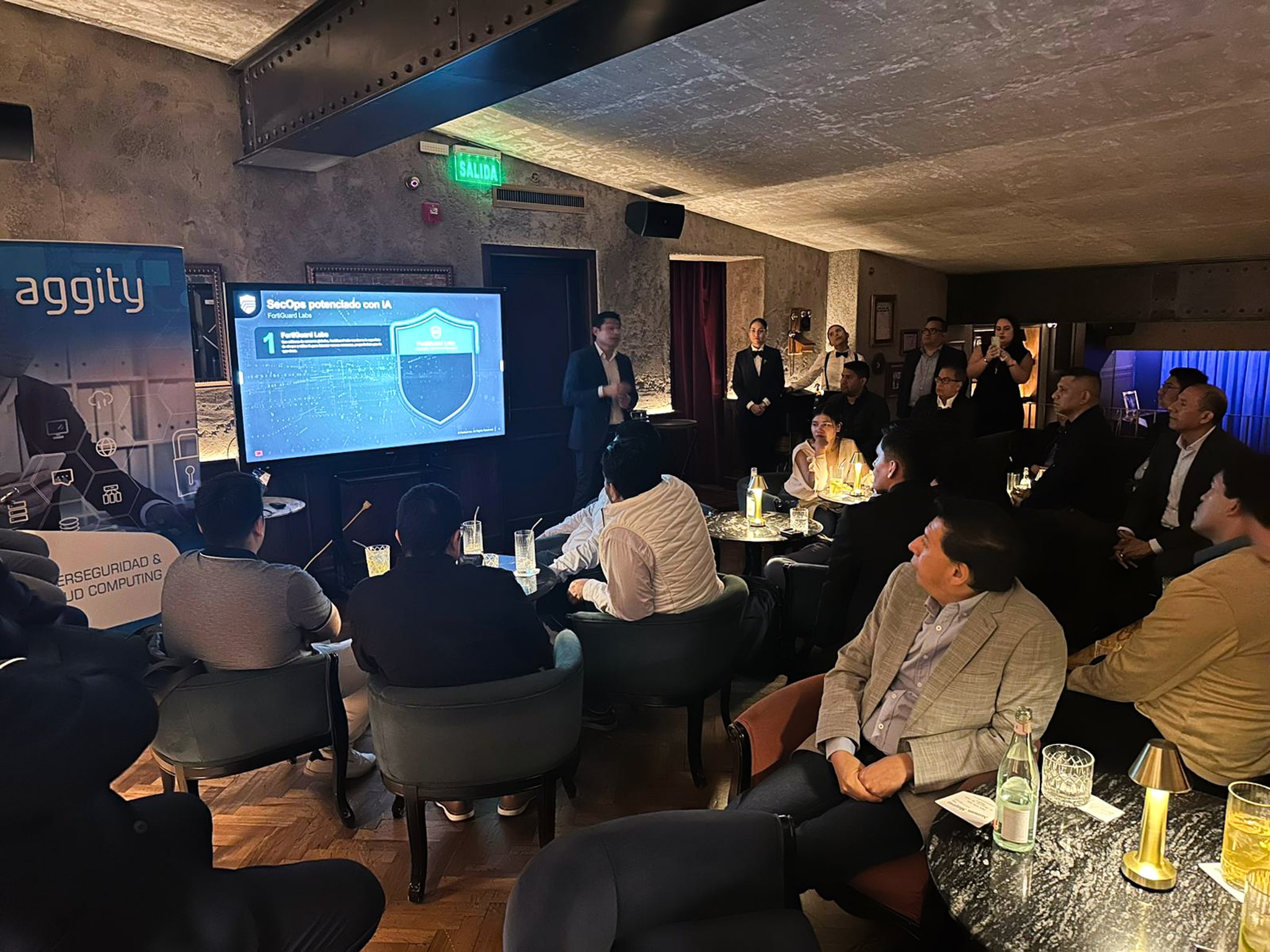
Aggity, together with the multinational Fortinet, present an exclusive event in Lima on the application of Generative AI in Corporate Cybersecurity.
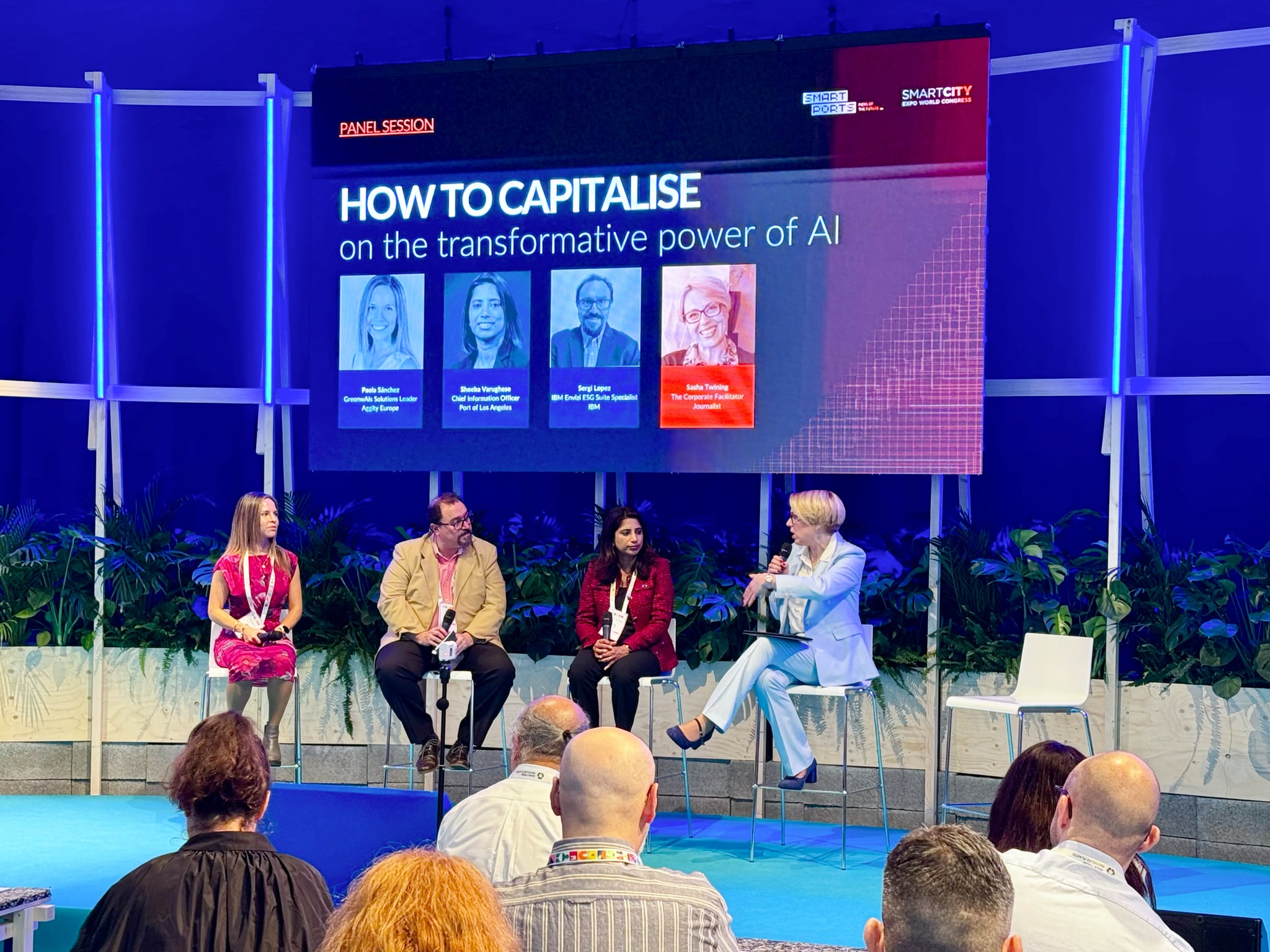
aggity participates in Smart Ports: Piers of the Future

aggity Supports the Contigo Foundation at its Annual Dinner
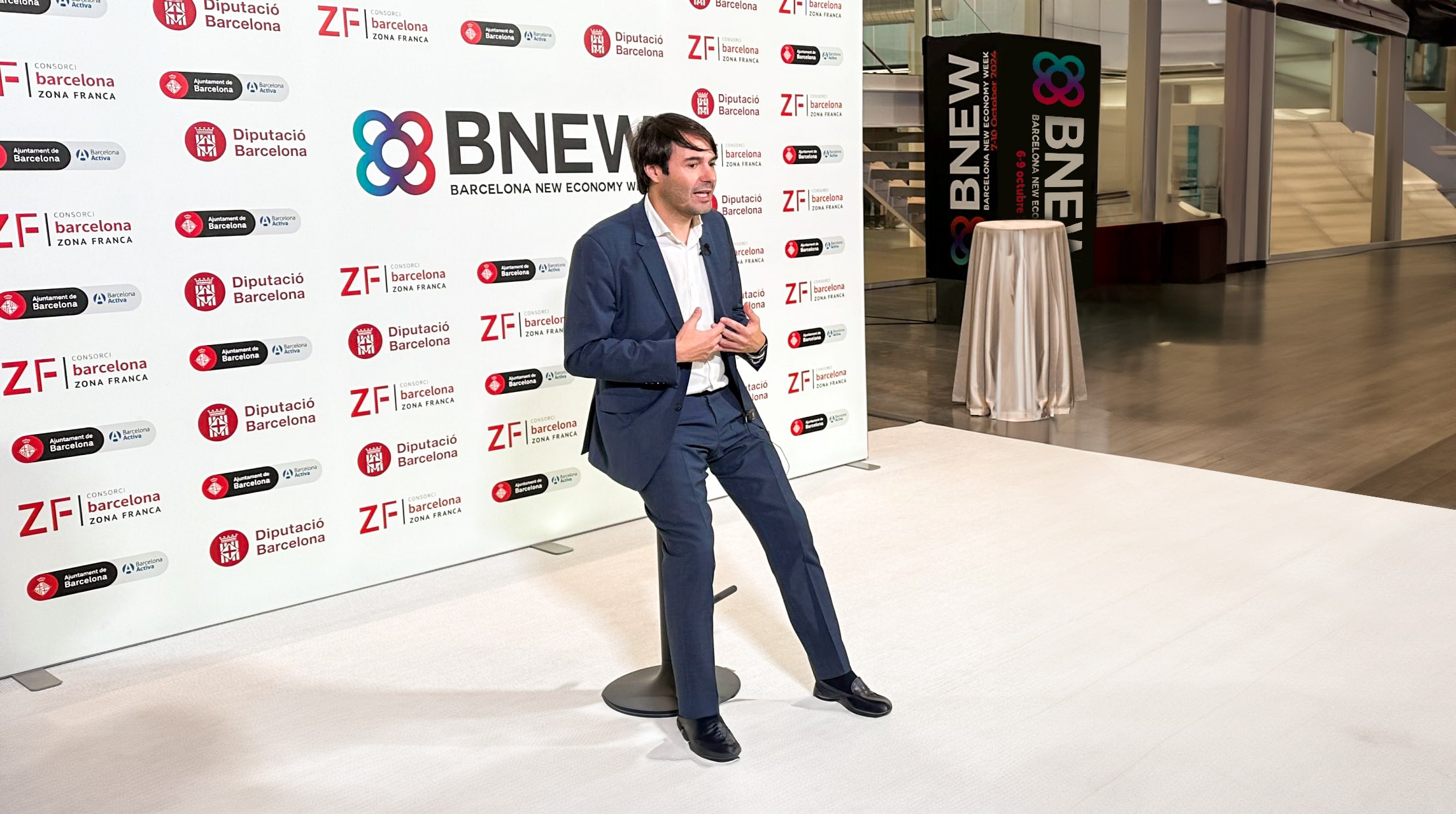
Challenges and Opportunities of Generative AI in Industry: Our Experience at BNEW
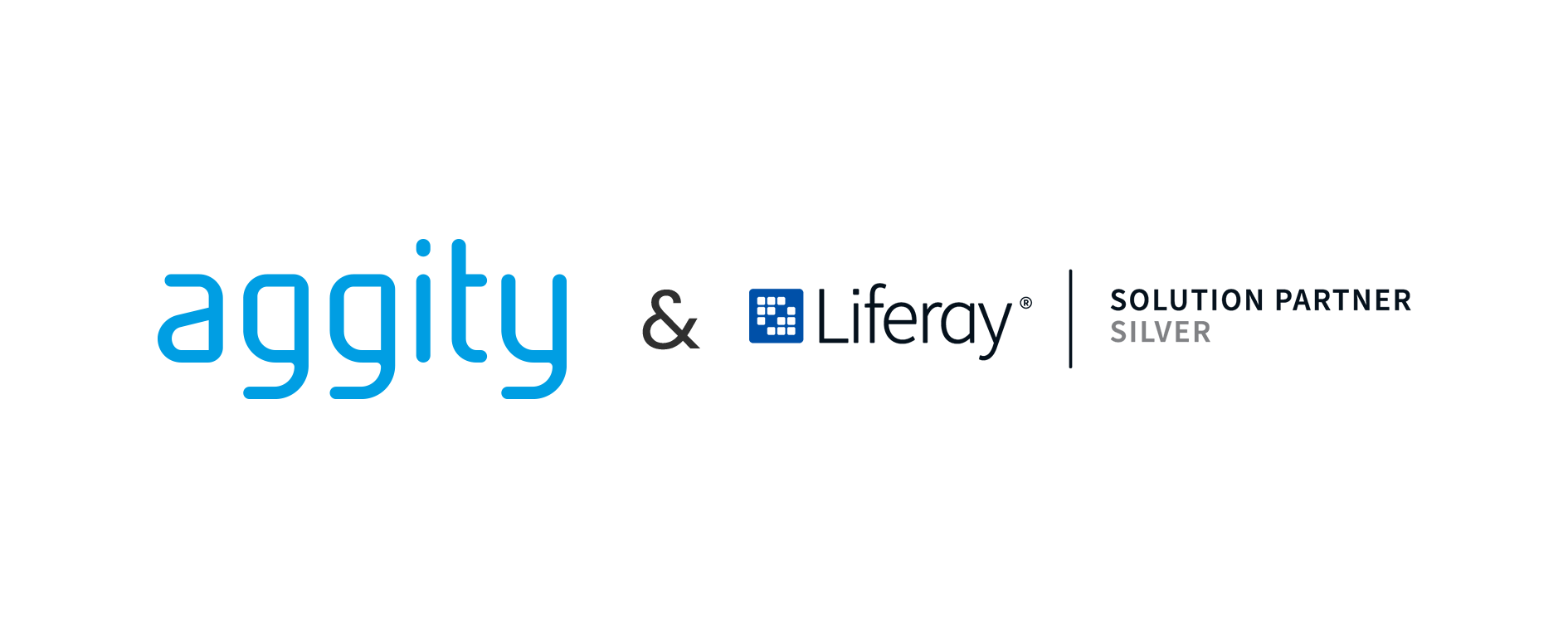
Official Liferay Partner in Spain
